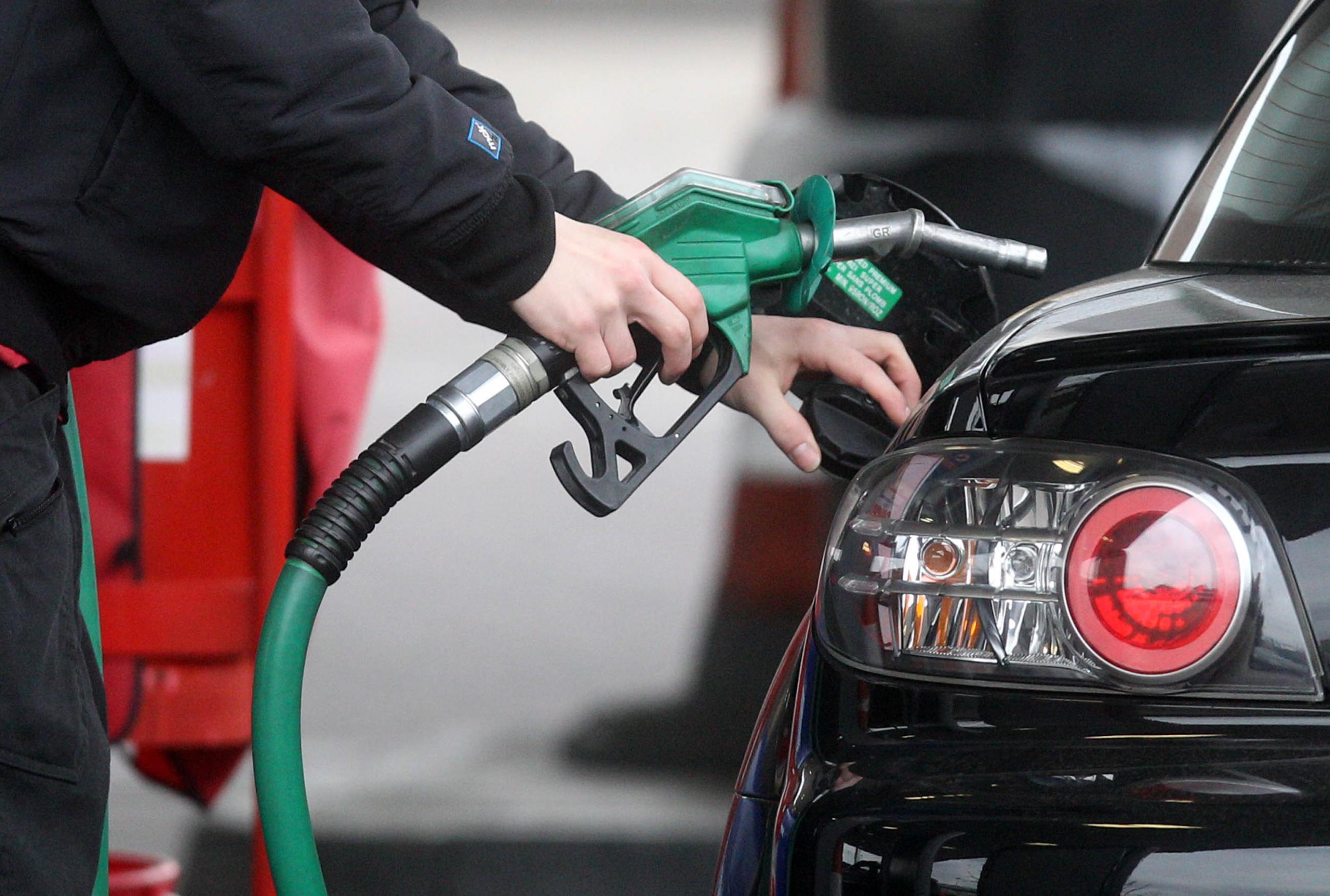UK inflation unexpectedly remains steady at 2.4% in May
Rising crude oil prices and air fares did have an affect on the Consumer Price Index, but that this pressure was offset by falling computer games prices and lower rises in energy costs

UK inflation remained steady at 2.4 per cent in May, despite predictions from City of London analysts that rising petrol costs would push it to 2.5 per cent.
The Office for National Statistics reported that recent jumps in crude oil prices and air fares did have an affect on the Consumer Price Index, but that this pressure was offset by falling computer games prices and lower rises in energy costs than a year earlier.
The statistics agency reported that core inflation, which strips out volatile fuel and food prices, was also steady at 2.1 per cent in the month.
The news helped to send the pound lower to $1.3321, down 0.37 per cent on the day, as traders reduced their bets on an imminent interest rate hike from the Bank of England to cool price pressures.
CPI inflation shot up to 3.1 per cent last November, as the slump in sterling in the wake of the Brexit vote fed through to import prices.
Though it has now fallen back, as the exchange rate shock as faded, the Bank of England has said that without further interest rates rises over the coming three years inflation is likely to be overshooting its official 2 per cent target.
Some analysts said that the latest inflation data, coupled with a weak wages report on Tuesday, could make a rate rise from the Bank this summer less likely.
“With inflation now within touching distance of the Bank of England’s 2 per cent target, the Bank’s Monetary Policy Committee will be feeling less pressure to raise rates, and they may well now hold fire until later in the year,” said Alastair Wilson of Zurich.
“If real wage growth continues to stutter, inflation falls back from here, and economic activity remains subdued then we could see the Bank of England put off its decision to raise interest rates to next year,” said Tom Stevenson of Fidelity International.
Holding steady
Other analysts, however, pointed out that 2.4 per cent CPI inflation was in line with the Bank’s projections at the time of its May Inflation Report.
GDP growth slipped to just 0.1 per cent in the first quarter of 2018, the weakest in more than five years. The Bank held rates steady at 0.5 per cent in May, saying it wanted to wait to see whether or not this was a weather-driven blip or not.
While survey data has given some support to that benign interpretation, the official manufacturing data for April was the weakest in five years.
Steady inflation is better news for household incomes. After adjusting for inflation, average wages rose 0.1 per cent in April, having been falling in real terms between April and December 2017.
The Financial Secretary to the Treasury Mel Stride said: “Since last year inflation has fallen from its 3.1 per cent peak but we recognise the cost of living is still a challenge for some families. That is why we are freezing fuel duty at the pumps, cutting income taxes for 31 million people and increasing the National Living Wage.”
The ONS also reported that core output price inflation from firms (factory gate prices) was 2.1 per cent, up slightly from 2 per cent in April, but also lower than City expectations.
Subscribe to Independent Premium to bookmark this article
Want to bookmark your favourite articles and stories to read or reference later? Start your Independent Premium subscription today.

Join our commenting forum
Join thought-provoking conversations, follow other Independent readers and see their replies